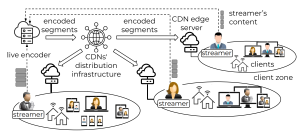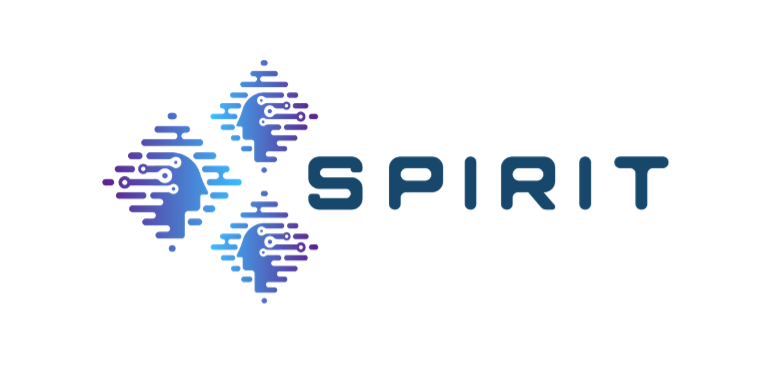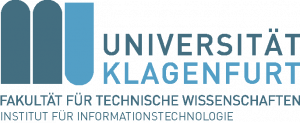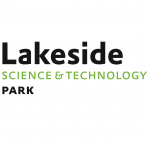IEEE ICME 2025
IEEE International Conference on Multimedia & Expo (ICME) 2025
Special Session: Advances in Medical Data Analysis for Multimedia Systems
https://2025.ieeeicme.org/ss04-advances-in-medical-data-analysis-for-multimedia-systems/

Motivation & significance
With the growing modality and volume of medical data available, multimedia systems play a crucial role in supporting clinical decision-making, personalized patient care, and real-time health monitoring. From medical imaging and wearable device data to electronic health records, integrating and analyzing these varied data sources is essential for developing comprehensive diagnostic systems.
Topics of interest
- AI-driven medical data analysis techniques for disease diagnosis
- Development of multimedia-based diagnostic datasets for training and validation
- AI-based approaches for lesion detection and segmentation in multimedia systems
- Applications of AI in multimedia-supported disease monitoring
- Investigation of the relationship between data analysis techniques and diagnostic accuracy
- Integration of multimedia data for comprehensive disease monitoring
- Interpretability and transparency of AI models in clinical settings Advanced AI-driven disease diagnosis methods within multimedia systems
Organizers
- Wei Zhou, Assistant Professor, Cardiff University, UK, email: ZhouW26@cardiff.ac.uk
- Hadi Amirpour, Assistant Professor, Alpen-Adria-Universität Klagenfurt, Austria, email: hadi.amirpour@aau.at
- Baoru Huang, Assistant Professor, University of Liverpool, UK, email: Baoru.Huang@liverpool.ac.uk
- Weide Liu, Research Fellow, Harvard Medical School, USA, email: weide.liu@childrens.harvard.edu
- Guanghui Yue, Assistant Professor, Shenzhen University, China, email: yueguanghui@szu.edu.cn
- Nilmini Wickramasinghe, Professor, La Trobe University, Australia, email: n.wickramasinghe@latrobe.edu.au

















